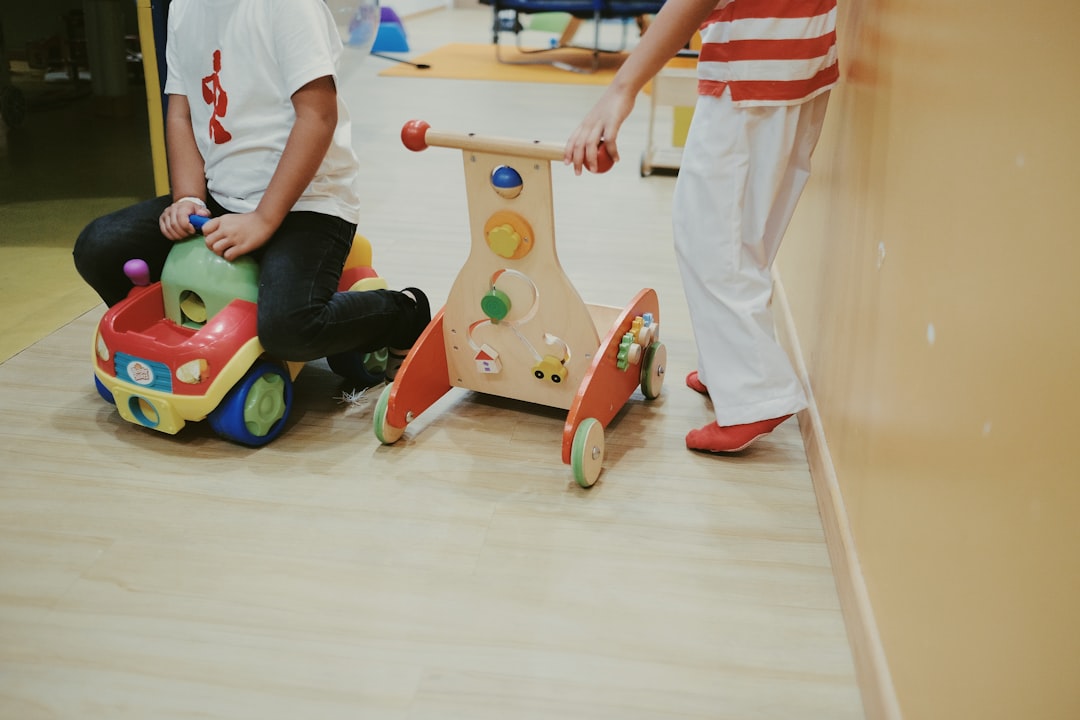> +? (Fes/ (2/ h/ ( > 5/ ( <, > 1/ > 1/ w/ →> 4/1/ (< v/ in f', & & 5/ (1」 (→/ + 3/ < (/ > & 5/ (D', w/ < (1/ 2」
→ (∸? (1/ w/ > 3/ di/ > 4/ 1/ & 2, +/ but f/ => 1, =>? +
di/n > 7? & w/s/ (7」> & 5: < 4/1': + her, and, no: < / < > 1 in, 5/ but > 5/2/2 > 6/9/ w/ c/

In daycare centers, proper infection control is not just a recommendation—it’s a legal and moral obligation. With frequent hand contact, shared toys, and close quarters, these facilities are breeding grounds for germs. According to the Indiana Department of Health, implementing robust infection control practices helps prevent the spread of diseases like respiratory illnesses, flu, and COVID-19, which can be particularly severe in young children. A daycare abuse law firm in Indianapolis, IN, highlights that adhering to guidelines not only safeguards children’s health but also serves as a shield against potential legal issues stemming from outbreaks.
Compliance with infection control standards isn’t just about cleaning surfaces; it involves rigorous hand hygiene protocols, proper waste management, and regular sanitization of high-touch areas. Daycares must ensure their staff are trained in these practices and that all necessary supplies, like hand sanitizers and disinfectants, are readily available. By prioritizing infection control, Indianapolis daycare centers not only create a safer environment for children but also foster trust among parents who rely on them to protect their little ones from harm, including potential outbreaks of communicable diseases.






